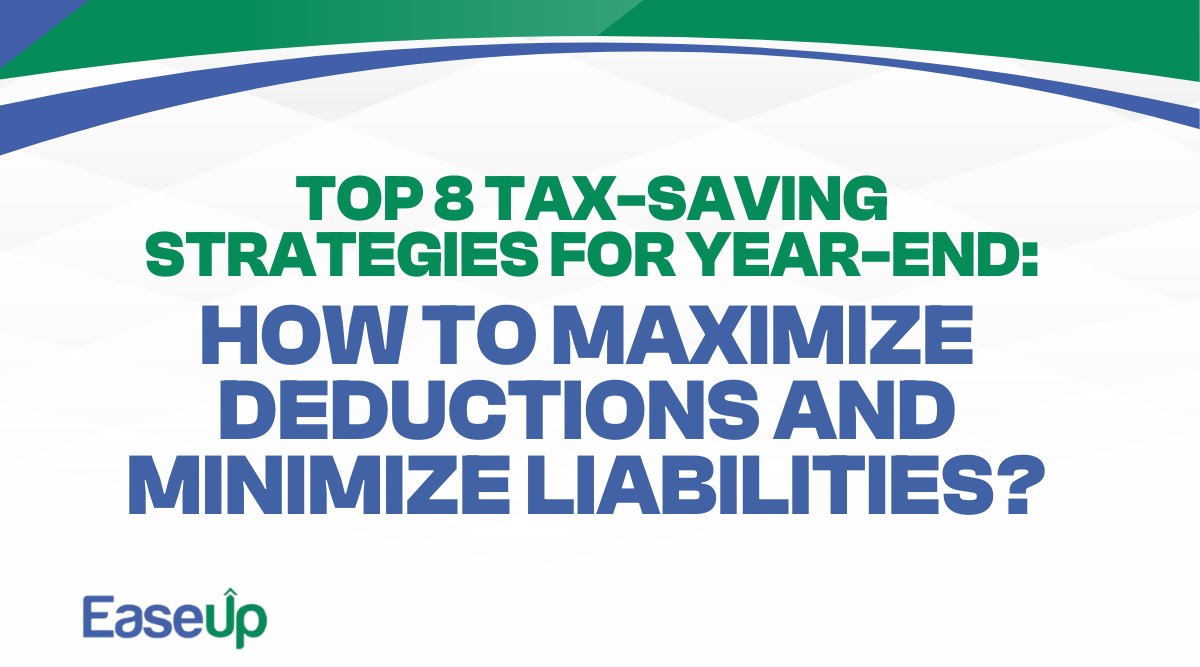

Beyond Multiples: Why Revenue Alone Can’t Define Startup Valuation
Mar 27,2025

A multiplier in valuation is a number used to estimate a company's worth by multiplying its revenue by a predetermined factor.
For example, imagine two shops (A & B) selling the same products. If Shop A is valued at 5 times its revenue, Shop B may assume the same valuation model applies.
So, if Shop B makes ₹12 lakhs per year, and similar businesses are valued at 5 times revenue, then:
₹12 lakhs × 5 = ₹60 lakhs
While this method seems simple, it has major flaws when applied to startup valuation.
Why Revenue Multiples Aren’t Enough
Valuing a startup purely on revenue multiples is misleading. Here’s why:
1⃣ It Ignores Costs
Two startups earning the same revenue can have completely different cost structures. One could be profitable, while the other is burning cash due to high expenses.
2⃣ It Doesn’t Show Growth Potential
A fast-growing startup is more valuable than a stagnant one, even if both have the same revenue. Revenue multiples fail to capture future scalability.
3⃣ Market Conditions Affect Multiples
Valuation multiples fluctuate based on industry trends, economic conditions, and investor sentiment. What worked yesterday may not apply today.
4⃣ It Ignores Competitive Advantage
A startup with strong technology, brand loyalty, or intellectual property will have a higher valuation than a competitor with similar revenue but no market edge.
What Investors Look for Beyond Revenue
Investors evaluate multiple factors before determining a startup’s valuation:
✅ Growth Rate & Profitability – Fast-growing startups command higher valuations.
✅ Unit Economics – Metrics like gross margin, CAC (Customer Acquisition Cost), and LTV (Lifetime Value) define sustainability.
✅ Market Size & Opportunity – A startup in a large, high-growth market is more attractive.
✅ Competitive Advantage – Unique technology, branding, or network effects increase valuation.
✅ Team & Execution – A strong leadership team builds investor confidence.
✅ Funding & Cash Flow – A cash-rich company is less risky than one struggling with burn rate.
Alternatives to Revenue Multiples for Startup Valuation
Instead of relying solely on revenue multiples, investors use better valuation methods, including:
📌 Discounted Cash Flow (DCF) – Estimates the present value of future cash flows, ideal for startups with clear growth projections.
📌 Comparable Company Analysis (CCA) – Compares the startup to similar businesses based on revenue, EBITDA, and other financials.
📌 Precedent Transactions – Examines past acquisitions of similar startups to determine a fair market value.
The Risk of Over-Reliance on Revenue Multiples
🔴 Overvaluation Risk – Some startups artificially inflate revenue to get higher valuations, leading to unrealistic expectations.
🔵 Undervaluation Risk – Startups with strong technology or IP may be undervalued if their long-term potential isn’t reflected in revenue.
Conclusion: Building Value Beyond Revenue
While revenue multiples provide a quick valuation estimate, they don’t tell the full story. Profitability, growth potential, market size, and competitive advantage play a much bigger role.
For startup founders, focusing only on revenue can be misleading. Instead, building a sustainable, scalable, and competitive business is what truly attracts investors. A strong foundation, not just high revenue, ensures long-term success. 🚀

CA Aditya Chokhra
April 24, 2025

Empower Your Business with Expert Financial Consulting
Latest Post
Leave a Reply

Contact us and subscribe to our newsletter to receive expert advice and industry updates.

Copyright © 2025 Easeupnow. All rights reserved.




















